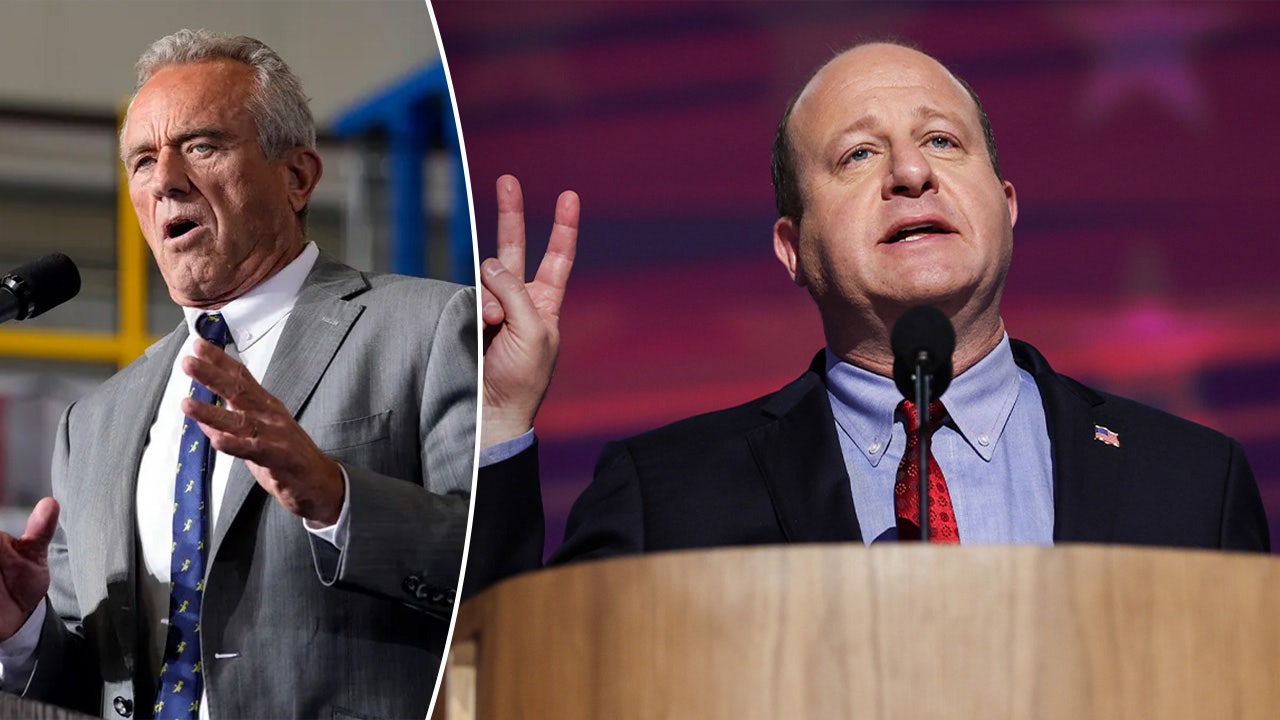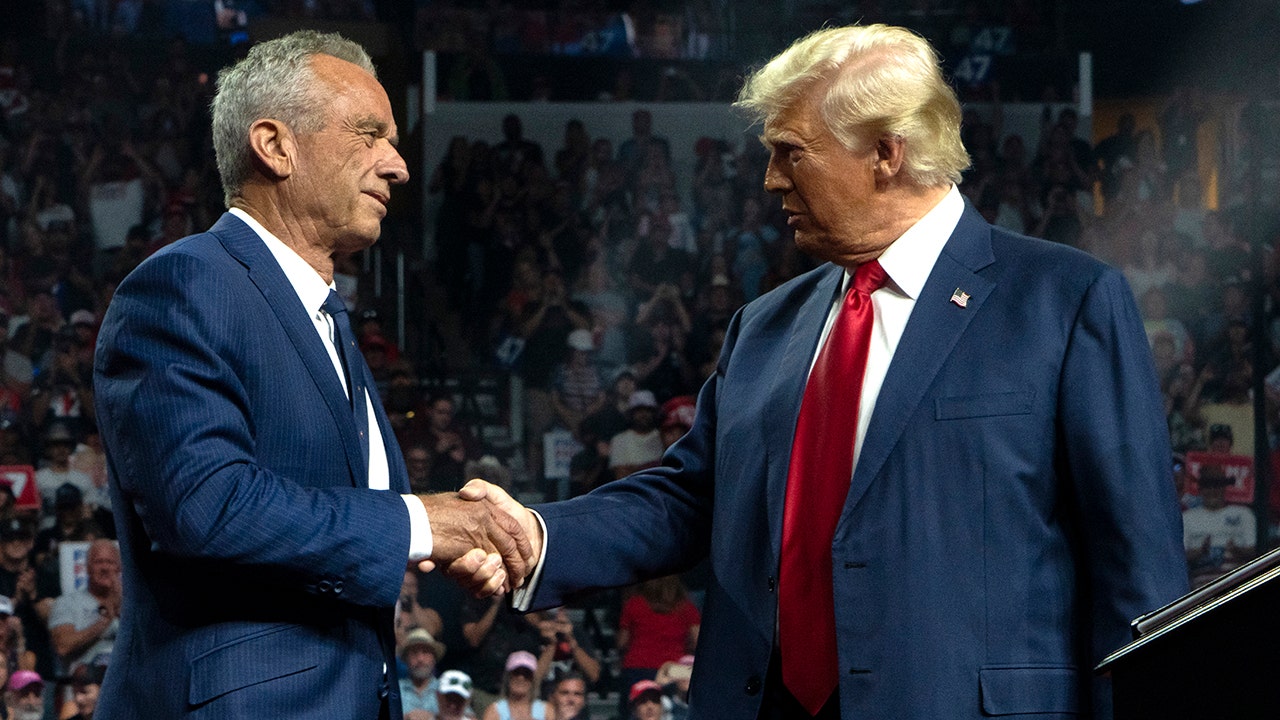Xi Jinping was re-elected as the President of China on Friday, securing an unprecedented third five-year term in power. Last year, Xi was also re-confirmed in the key position of Chinese Communist Party (CCP) leader.
His candidacy was endorsed by a unanimous vote from the National People’s Congress, China’s legislature and supreme authority. Apart from being kept as the nation’s president, Xi was also retained as chairman of the Central Military Commission, which is in charge of the overall administration of the country’s armed forces.
Speaking in the Great Hall of the People in Beijing, Xi, with his hand on the constitution, took an oath, vowing to “build a prosperous, strong, democratic, civilized, harmonious and great modern socialist country.”
Russian President Vladimir Putin congratulated his Chinese counterpart on his re-election, describing it as “a testament to the recognition of your accomplishments as the head of state.” He also pointed to “broad public support” for Xi’s course seeking to promote China’s socio-economic development and protect Beijing’s national interests on the global stage.
“Russia highly appreciates your personal contribution to strengthening comprehensive partnership and strategic interaction between our states,” the president added, expressing hope that Moscow and Beijing would ramp up co-operation in various spheres.
Chinese lawmakers also filled a number of other posts, electing former vice premier Han Zheng as vice president. In addition to that, Zhao Leji, who led the party’s top anti-corruption commission, was elected chairman of the NPC Standing Committee.
Xi kept his presidential post after being re-elected last October as general secretary of the Chinese Communist Party, also for a third term. The latter position is considered to be more important than the post of president, which is widely regarded as a ceremonial office.
The Chinese leader’s re-election became possible in 2018 after Chinese lawmakers supported a constitutional amendment that scrapped the presidential term limit. Formerly, the Chinese president was allowed to stay in power only for two consecutive five-year terms.
.png)
 1 year ago
6
1 year ago
6










 English (US) ·
English (US) ·